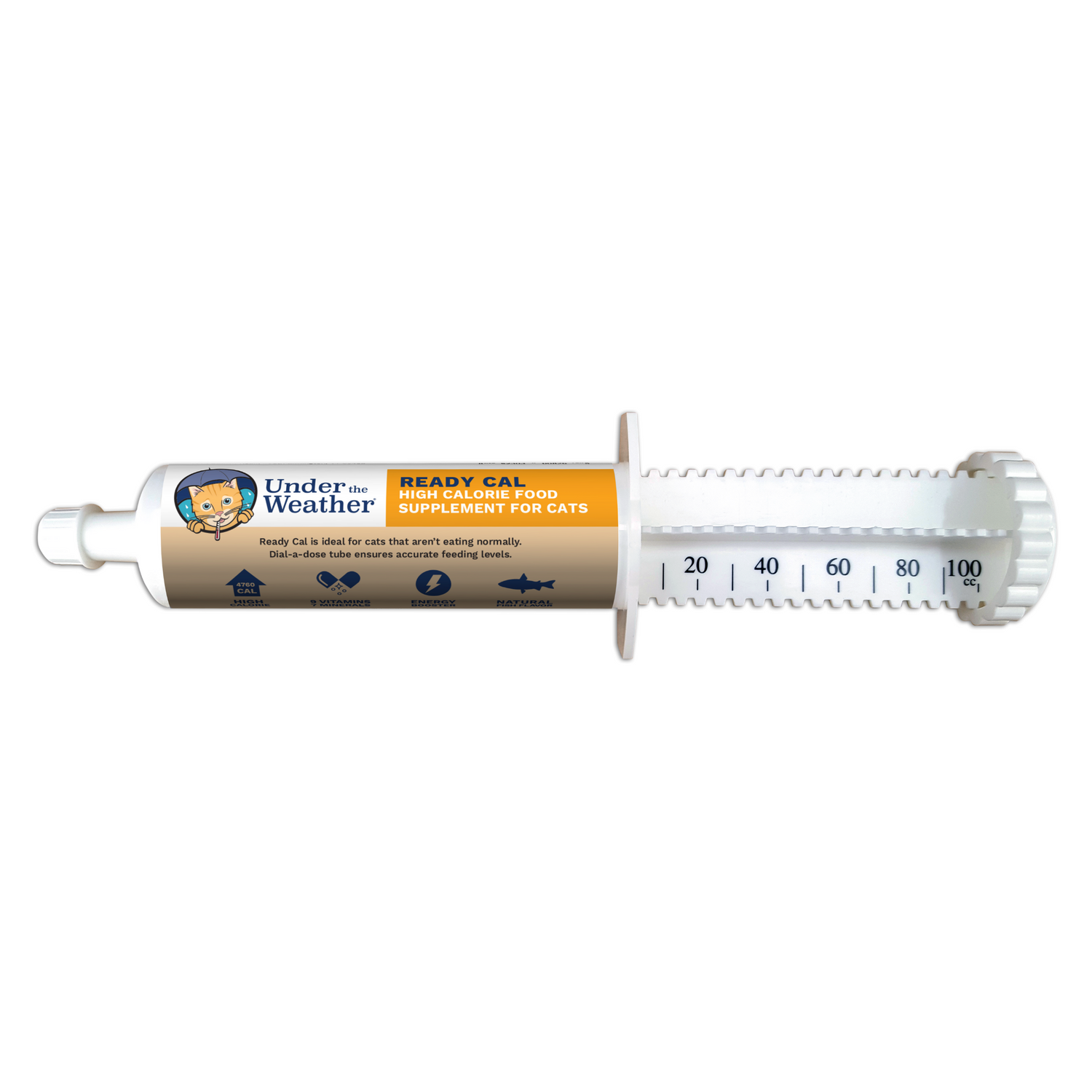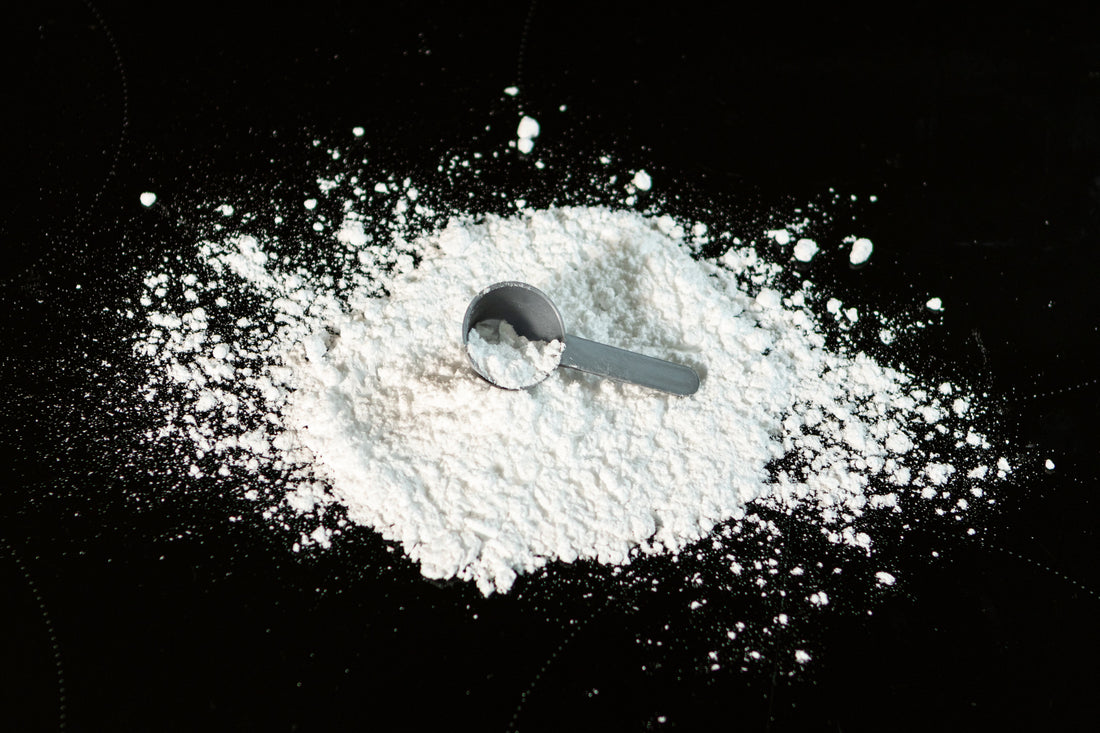A Guide to the Benefits of Collagen for Your Canine Companion
As devoted pet owners, we constantly seek ways to enhance the health and well-being of our furry friends. In recent years, collagen has emerged as a popular supplement, not just for humans but also for our canine companions. Collagen, a structural protein found in abundance in connective tissues, skin, and bones, plays a crucial role in maintaining overall health. In this article, we delve into the myriad benefits of collagen for dogs and explore how this natural compound can contribute to their vitality.
Collagen for Joint Health
One of the primary benefits of collagen for dogs is its positive impact on joint health. Collagen is a key component of cartilage, the tissue that cushions joints and facilitates smooth movement. As dogs age, they may experience a decline in collagen production, leading to joint issues such as arthritis and stiffness. Supplementing their diet with collagen can promote joint flexibility, reduce inflammation, and support overall joint function.

Research suggests that collagen peptides, the broken-down form of collagen, may help stimulate the production of new collagen in the joints. This process can be particularly beneficial for older dogs or breeds prone to joint problems, enhancing their mobility and quality of life.
Skin and Coat Health
Collagen is not only essential for joints but also plays a crucial role in maintaining healthy skin and a lustrous coat in dogs. As a structural protein, collagen provides strength and elasticity to improve skin, contributing to its firmness and resilience. Additionally, collagen supports the production of keratin, a protein vital for maintaining a healthy and shiny coat.

Supplementing your dog's diet with collagen can help address common skin issues such as dryness and flakiness. Dogs with allergies or sensitivities may also benefit from collagen, as it can support the healing of irritated skin and promote a glossy, well-nourished coat.
Digestive Health
A healthy digestive system is fundamental to a dog's overall well-being. Collagen contains essential amino acids like glycine, which play a crucial role in promoting digestive health. Glycine helps regulate the production of stomach acid and supports the integrity of the gastrointestinal lining.
For dogs with digestive issues such as irritable bowel syndrome (IBS) or leaky gut syndrome, collagen supplements, including bone broth may aid in soothing and repairing the digestive tract. The amino acids in collagen can contribute to the healing process, promoting a healthy balance of gut bacteria and supporting optimal nutrient absorption.
Muscle Maintenance
Collagen is not limited to supporting connective tissues; it also plays a role in maintaining muscle health. Dogs engaged in physically demanding activities, such as agility training or working breeds, may benefit from collagen supplementation to support muscle repair and recovery.

The amino acids found in collagen, particularly proline and glycine, are essential for the synthesis of creatine, a compound crucial for muscle energy and strength. Including collagen in your dog's diet can contribute to muscle maintenance, helping them stay active and agile throughout their life.
Wound Healing
Injuries and wounds are a part of a dog's adventurous life, and collagen can play a vital role in the healing process. Collagen is known for its ability to promote tissue repair and regeneration. When applied topically or ingested, collagen can accelerate the healing of cuts, abrasions, and surgical incisions in dogs.
Collagen's role in wound healing extends beyond the skin; it can also support the repair of damaged ligaments and tendons. This makes collagen a valuable supplement for dogs recovering from injuries or surgical procedures, aiding in a quicker and more efficient recovery.
Dental Health
Dental problems are common among dogs, and maintaining good oral health is crucial for their overall well-being. Collagen provides a structural framework for teeth, supporting their strength and integrity. Additionally, collagen's amino acid profile contributes to the formation of collagenases, enzymes that play a role in preventing the buildup of plaque and tartar.

Including collagen in your dog's diet may contribute to healthier gums, stronger teeth, and a reduced risk of dental issues. This is particularly important for breeds prone to dental problems or for senior dogs who may experience tooth decay and gum disease.
--
Collagen, a popular supplement for humans, has proven to be equally beneficial for our canine companions. Whether your dog is a playful pup or a wise senior, the diverse advantages of and health benefits of collagen make it a valuable addition to their diet. From reducing joint pain and enhancing skin health and coat conditions to supporting digestion and aiding in wound healing, the different types of collagens and their multifaceted benefits contribute to the overall vitality of our pets.
As with any supplement, it's essential to consult with your veterinarian before introducing collagen into your dog's routine, especially if they have pre-existing health conditions or are taking other medications. With the right care and attention, high quality collagen can become a natural and effective ally in ensuring a long, happy, and healthy life for your four-legged friend.
Every Sale Supports a Shelter Pet. Learn More.
Created in Vermont. Learn More.
Written By: Phil Schuman
If you suspect your pet is sick, call your vet immediately. For health-related questions, always consult your veterinarian, as they have examined your pet, know the pet's health history, and can make the best recommendations for your pet.






